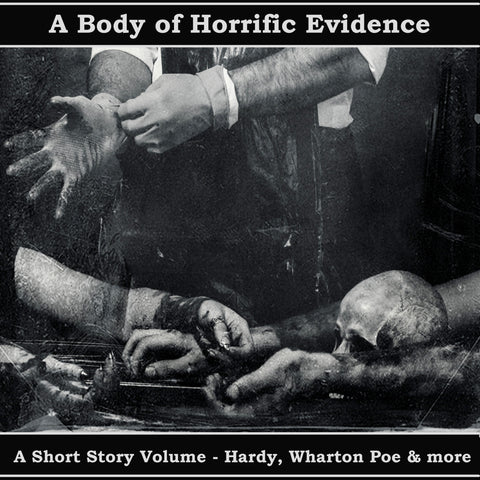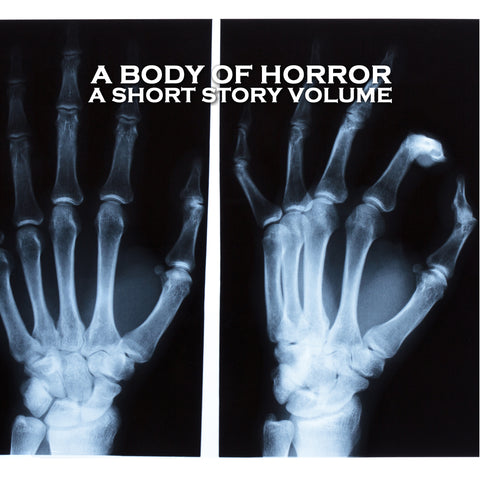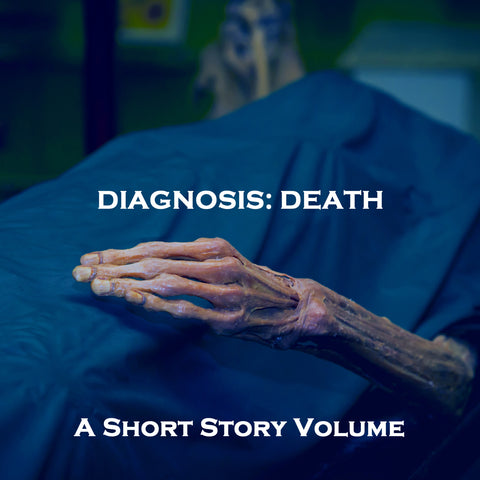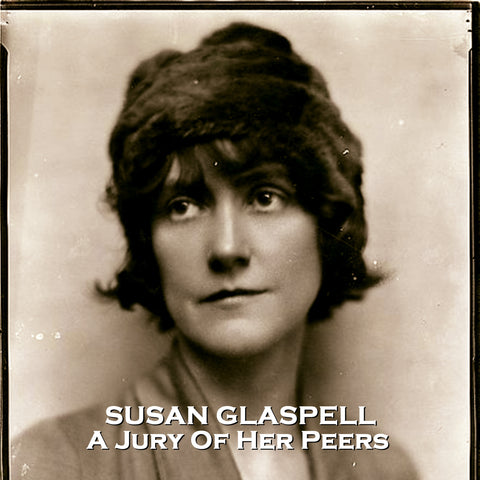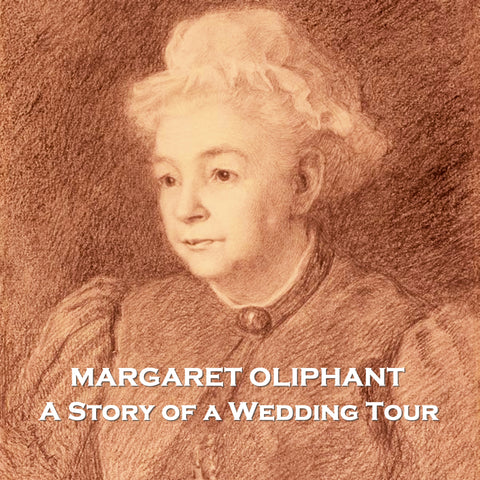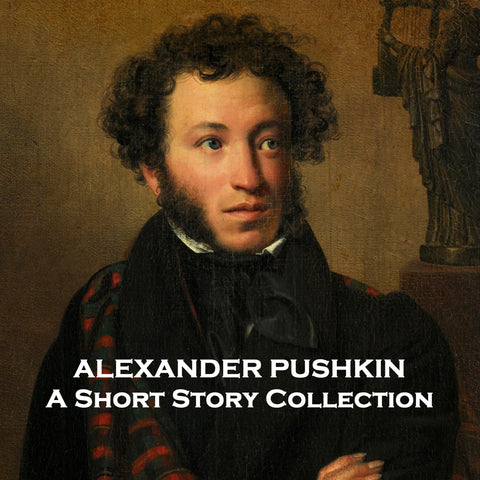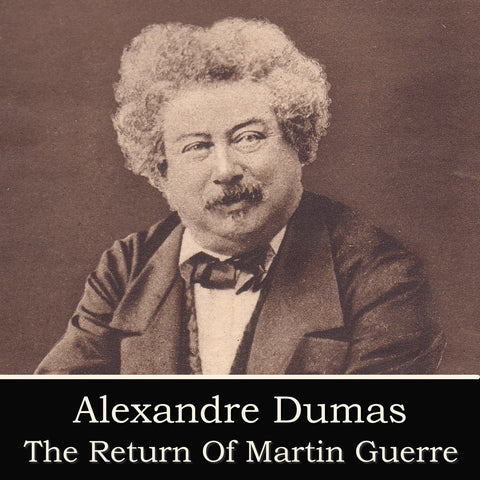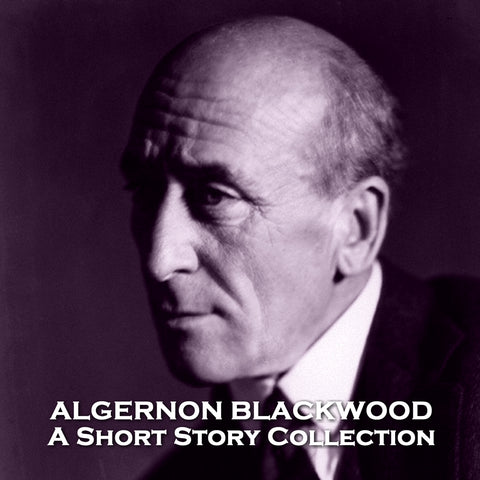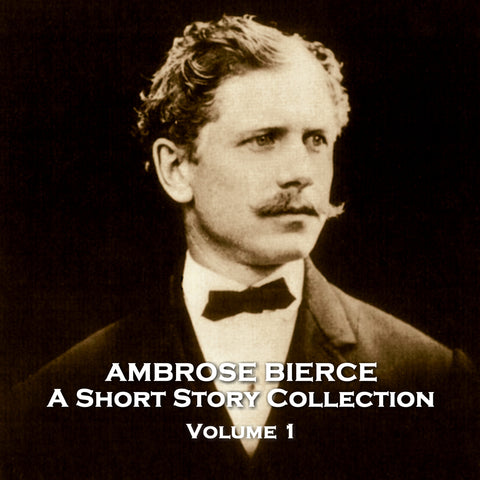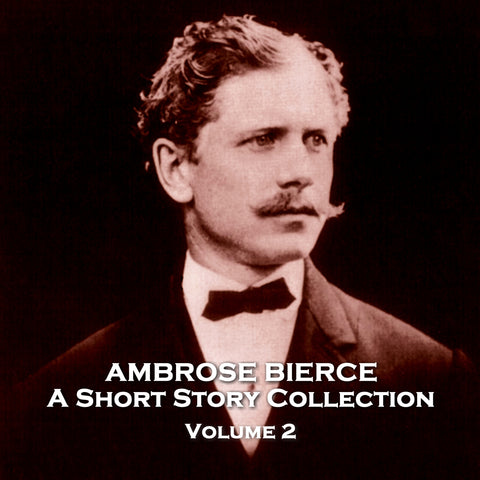Your cart is empty now.
Legendary author of Crime & Punishment Dostoyevsky uses the absurd premise of being eaten alive by a crocodile to demonstrate societies failings.
Read by Mark Rice-Oxley (Unabridged: 1hr 33mins)
Fyodor Mikhailovich Dostoyevsky was born in Moscow on 11th November, 1821 to distinguished multi-ethnic parents from a Lithuanian background.
His childhood years were at the family home in hospital grounds which also contained an orphanage, an insane asylum and a cemetery for criminals. The young Fyodor often disobeyed his father by talking to the ill in the hospital gardens.
His health was compromised at age 9 when he experienced his first epileptic fit. By the time he was a teenager both parents had died and he was now enrolled in a military academy where he graduated and eventually became a Lieutenant in 1842. He left military service the next year.
In 1846 he published his first novel ‘Poor Cow’ to great literary acclaim. His next was unable to emulate that success but his short stories helped provide an income. Life as an author was definitely difficult. As he began his next work he was arrested and incarcerated for treason and participation in the political and literary Petrashevsky Circle. Although the case was weak and unjustified he was sentenced to 4 years of hard labour followed by 5 years of military service in a Siberian regiment.
Despite the undoubted hardships and setbacks in his life, and whether they helped or hindered his writing, his talents produced many exceptional works of literature including ‘Crime and Punishment’, ‘The Idiot’ and ‘The Brothers Karamazov’.
Dostoevsky’s ability to get under the skin of his characters and show the inner workings of their mind was hugely influential and ahead of its time. Interwoven with this was the influence of the broader social, spiritual and political forces at work in a person's psyche.
Fyodor Dostoevsky struggled financially and remained in poor health for much of his adult life. He died from a lung haemorrhage on 9th February, 1881.


